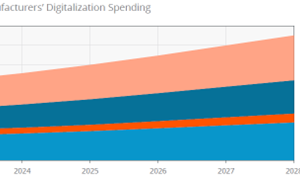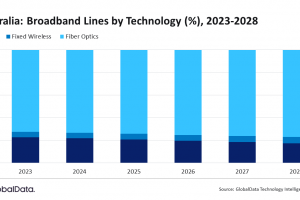By Aimee Chanthadavong (ZDNet)
Technology is expected to drive economic growth and benefit most of the country, although it is still difficult to determine the full impact it will have in the future, according to a new report from the Australian Council of Learned Academies (ACOLA).
In the Technology and Australia’s Future report [PDF], ACOLA explored the potential change technology — if fully adopted — could have on Australia.
A total of 18 major findings were made, including the disruptive role that new information and communication technologies could have. It also looked at how data analytics will change existing businesses such as transportation, mining, healthcare, and education.
Other findings looked at how important it is for policies to take into account technology. It suggested that if policies do take technology into consideration, it would encourage the adoption of new technology, and would allow Australians to make better decisions and be prepared for technological change. At the same time, the report said if government policies are designed they need to reflect the different reasons for people to engage with technology.
The report also suggested the other role the government could play in enhancing Australia’s adoption of technology would be to invest in technological research.
“Increased investment leads to substantial long-term national profit — a wise business decision when Australia is faced with decreased revenue from some traditional sources. In addition, there is considerable support for the promotion of strong national innovation systems, capable of absorbing and transforming the knowledge outputs of basic research,” the report said.
“Research institutions that do not attempt to appropriate the returns to themselves generate larger long-term economic returns to the region and country in which they sit.”
Additionally, ACOLA examined the skills that Australia needs to invent and technologies to be harnessed, including enhancing technological literacy such as through different levels of education.
“Enhancing the tinkering aspect of STEM education at all levels (K-12, and tertiary) could create a culture that embraces technological change,” the report said.
As part of the launch of the report in Canberra on Wednesday, Australia’s chief scientist Professor Ian Chubb said the decisions made today would impact generations of Australians.
“We need to be agile as a nation and we need to decide whether we want to equip ourselves with the skills and knowledge to forge our future, or allow others to impose a future on us,” he said.
“In reality, of course, there is no choice about whether — the only choice is about how.”
This article was originally published in ZDNet




